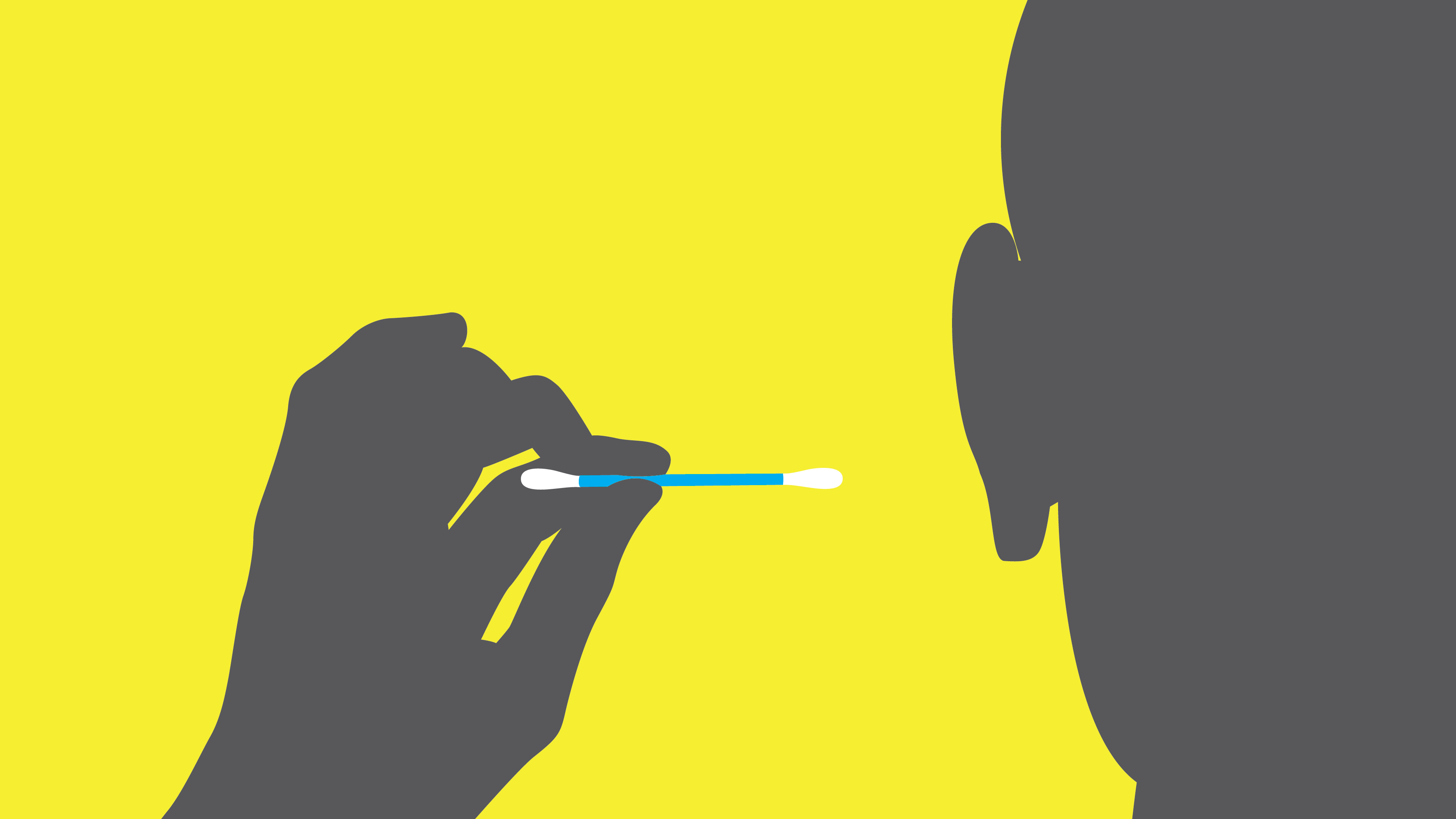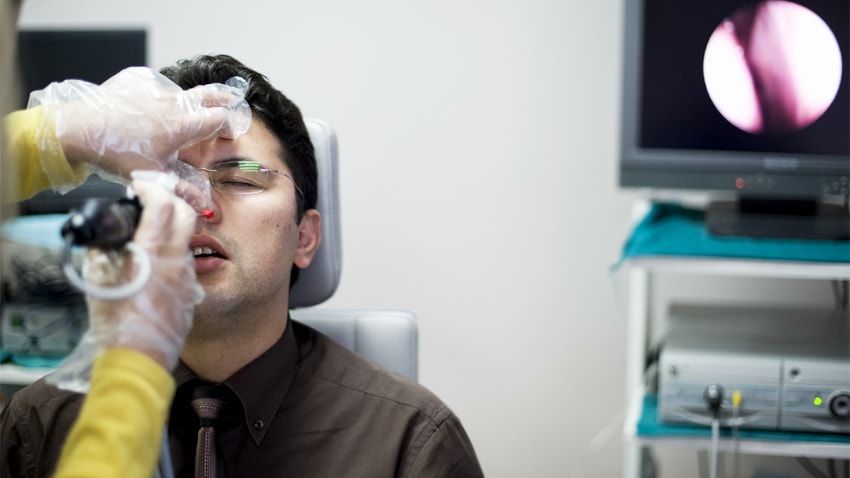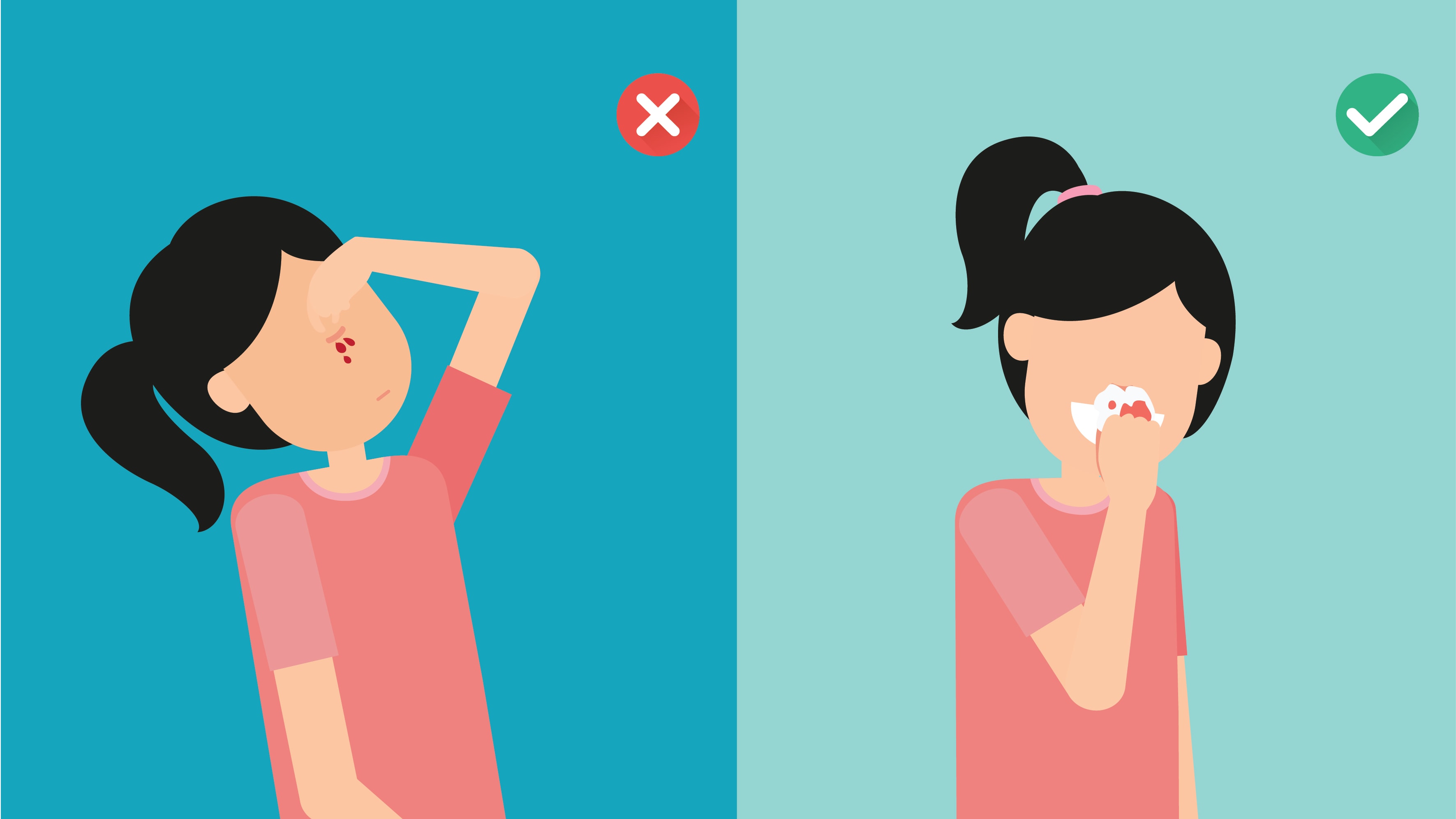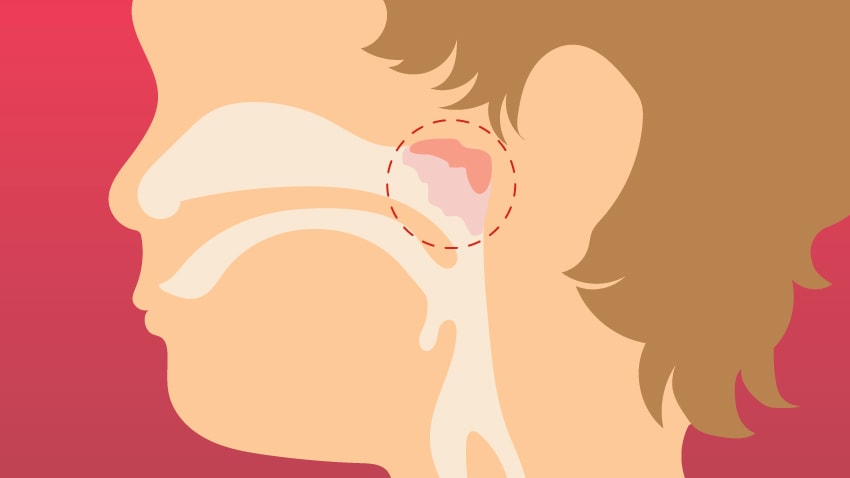Why You Really Shouldn’t Use a Q-Tip to Clean Your Ears
New guidelines for physicians and patients outline the do’s and don’ts of ear care. Listen up for what you need to know.

You’ve likely heard it before: Don’t stick anything in your ear smaller than your elbow. Dig around with a cotton swab, and you’ll put yourself at risk for earwax impaction, and other potentially more serious conditions.
MORE FROM MICHIGAN: Sign up for our weekly newsletter
To help drive this message home, the American Academy of Otolaryngology-Head and Neck Surgery publisheda new set of guidelinesin the January 2017 issue ofOtolaryngology - Head and Neck Surgery.
The message? You guessed it: Back away from the cotton swabs. The report focuses on ear hygiene, reminding patients that the inside of the ear cleans itself and that overcleaning can be harmful, and explaining to providers how best to spot ear trouble.
David Stutz, M.D., clinical assistant professor at Michigan Medicine, was part of the guidelines committee in 2008 and again for the new guidelines. He represents the American Geriatrics Society, one of many professional groups to endorse the guidelines including groups such as American Academy of Family Physicians and the American Academy of Pediatrics.
“We did a complete review and reassessment of the literature since then and an update,” Stutz says.
He addresses some of the noteworthy aspects of the new guidelines below.

What is new in the updated guidelines?
Stutz:公众可能最大的除了warning about ear candling, which has become somewhat popular as an alternative medicine. The people who use it believe they can stick the unlit end of the special candle into the ear to draw the cerumen, or wax, out of the ear. Not only does it have no basis in science, but it simply doesn’t work.
There is also expanded information for clinicians about identifying and treating patients with cerumen impaction.
Why do the experts keep warning against cleaning out your own ears, even with Q-tips?
Stutz:The guidelines do not advise using Q-tips, pencils, keys or anything smaller than your elbow, as the oft-used saying goes, in your ear. The main danger of putting things inside your ear is you can’t see what you’re doing, and could potentially cause significant harm.
SEE ALSO: 99% of Chronic Sinusitis Diagnoses by Nonspecialists Are Wrong
你不仅可以刺激,scratch and cut the ear canal, but you can also damage the eardrum, and render your efforts unsuccessful by pushing whatever wax has built up even deeper down the ear. People don’t realize the wax they see on a Q-tip would have come out anyway because the ear cleans itself.
But earwax buildup can be a real problem. What should people do if they feel uncomfortable?
Stutz:Although earwax will usually come out on its own, it can certainly build up in some people for a variety of reasons. Some people simply have drier and thicker earwax that can accumulate.
There are a few problems that can arise: hearing issues, irritation and a blocked view for the provider trying to help.
As the cerumen builds up, it can gradually affect the hearing. What usually happens is a person will experience a sudden loss of hearing when they get water behind it, or the wax can coalesce and finally block off the ear canal. Fortunately, we can remedy this pretty easily in the clinic.
The issue again is about not being able to see what you’re doing if you try to stick something in your ear to fix it yourself. It’s important to seek medical attention if your ear is hurting, you’re having trouble hearing, or experiencing other symptoms such as dizziness or ringing.





